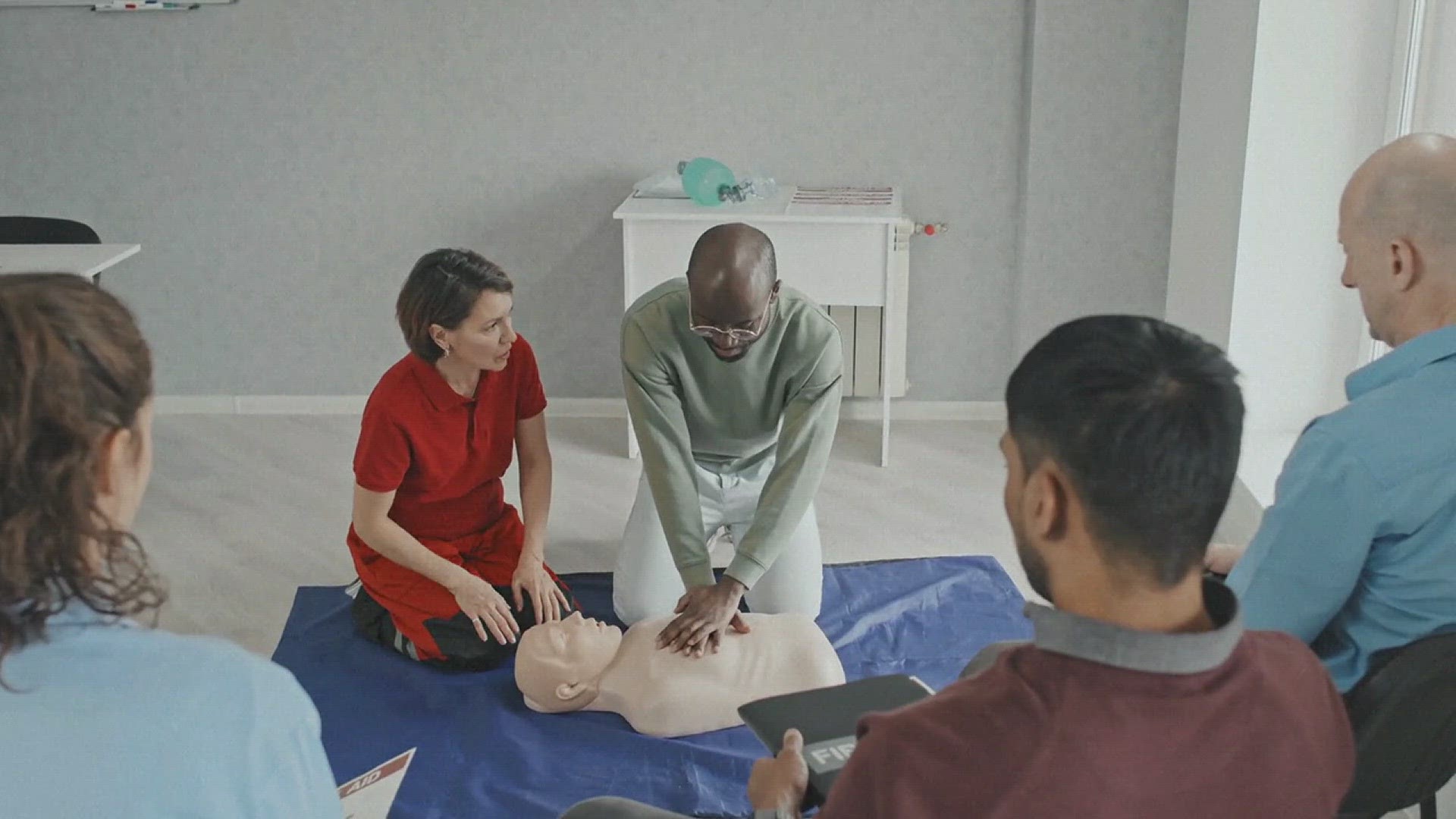LOS ANGELES (CNN) — Michael Jackson’s last personal assistant claims concert promoter AEG owes him money because, he says, it was responsible for the pop icon’s death.
Michael Amir Williams, one of the people closest to Jackson in the last two years of his life, filed a lawsuit that he hopes other former Jackson employees will join as a class action.
The suit, filed in Los Angeles County Superior Court, charges that AEG’s “acts and omissions brought about the demise of Michael Jackson.”
The court filing included a copy of AEG’s contract with Jackson, revealing that the promoter agreed to advance the singer $15 million to help him buy a 29-bedroom estate that spreads over 16 acres in Las Vegas.
AEG’s lawyer called the suit “clearly frivolous” since Williams has no legal standing to sue because he was not a party to Jackson’s contract with AEG.
“It is truly unfortunate that so many see Mr. Jackson’s demise as an opportunity to grab as much for themselves as possible,” AEG attorney Marvin Putnam said. “This is just the latest wrongful death lawsuit with someone hoping to profit from Michael Jackson’s tragic death in the same way they profited from his tragic life.”
Dr. Conrad Murray, who was Jackson’s personal physician as he prepared for his “This Is It” comeback shows, was convicted a year ago of involuntary manslaughter in the pop star’s death.
The coroner ruled that Jackson died of an overdose of the surgical anesthetic propofol combined with sedatives on June 25, 2009 — two weeks before the concerts were to begin in London.
The suit contends AEG never paid Jackson’s staff as required in the January 2009 contract with Jackson.
“After the contract was signed and performance begun, Michael Jackson had problems keeping up with the pace of Tour’s rigorous schedule and physical demands,” the lawsuit said. “In response, AEG, began a series of unreasonable acts and omissions.”
The “acts and omissions” allegedly involved the hiring and supervision of Dr. Murray.
“AEG used Conrad Murray as a tool to further its business purposes and abused the sole discretion given to AEG under (the) contract,” the suit said.
The company failed to look at “Conrad Murray’s qualifications, experience, and medical specialty,” but instead weighed the benefits Murray could bring, including “managing Michael Jackson so that he could meet all deadlines and timetables AEG set in place,” it said.
Testimony at Murray’s trial indicated that Jackson chose him to be his full-time doctor for the tour, but that AEG would pay him.
AEG, which is also defending itself in a wrongful death lawsuit filed by Jackson’s mother and three children, denies it was responsible for hiring or supervising Murray. That suit is set to be heard by a jury next April.
A judge must decide if the newest lawsuit can be made a class-action suit with other former employees joining.
Internal AEG e-mails leaked to a reporter in September include one written by Randy Phillips — the president of AEG Live — in March 2009 saying Jackson was “locked in his room drunk and despondent” the day the pop star was to appear at the O2 Arena to publicly announce the shows.
“I screamed at him so loud the walls are shaking,” Phillips wrote. “He is an emotionally paralyzed mess riddled with self-loathing and doubt now that it is show time.”
The e-mails, published by the Los Angeles Times, indicated AEG executives had major doubts about Jackson’s ability to perform.
“We cannot be forced into stopping this, which MJ will try to do because he is lazy and constantly changes his mind to fit his immediate wants,” AEG Live executive Paul Gongaware wrote in an e-mail to Phillips.
Jackson’s missed rehearsals in June triggered concerns that he was slow in learning his dance routines and would have to lip-sync on stage, the newspaper reported.
“MJ is not in shape enough yet to sing this stuff live and dance at the same time,” one e-mail from the show’s music director read, the paper reported.
A production manager wrote: “He was a basket case. Doubt is pervasive.”
A loud warning from show director Kenny Ortega, who worked closely with Jackson on previous tours, came in mid-June, about a week before the star’s death. Ortega wrote to Phillips that Jackson had “strong signs of paranoia, anxiety and obsessive-like behavior” and suggested they bring a “top psychiatrist in to evaluate him ASAP.”
“It is like there are two people there. One (deep inside) trying to hold on to what he was and still can be and not wanting us to quit him, the other in this weakened and troubled state,” Ortega wrote. “I believe we need professional guidance in this matter.”
Ortega testified at Murray’s trial about his concerns about Jackson’s frail condition and missed rehearsals. Those concerns resulted in a meeting six days before Jackson’s death in which Murray assured the promoters he would have Jackson ready for rehearsals that next week.
An e-mail from Phillips after that meeting said he had confidence in Murray, “who I am gaining immense respect for as I get to deal with him more.”
“This doctor is extremely successful (we check everyone out) and does not need this gig, so he (is) totally unbiased and ethical,” Phillips’ e-mail said.
A Phillips e-mail sent weeks after Jackson’s death called it “a terrible tragedy,” but added “life must go on.”
“AEG will make a fortune from merch sales, ticket retention, the touring exhibition and the film/dvd,” Phillips wrote. AEG Live was allowed to sell Jackson tour merchandise and share in the profits from the documentary “This Is It,” which was produced from rehearsal video.



